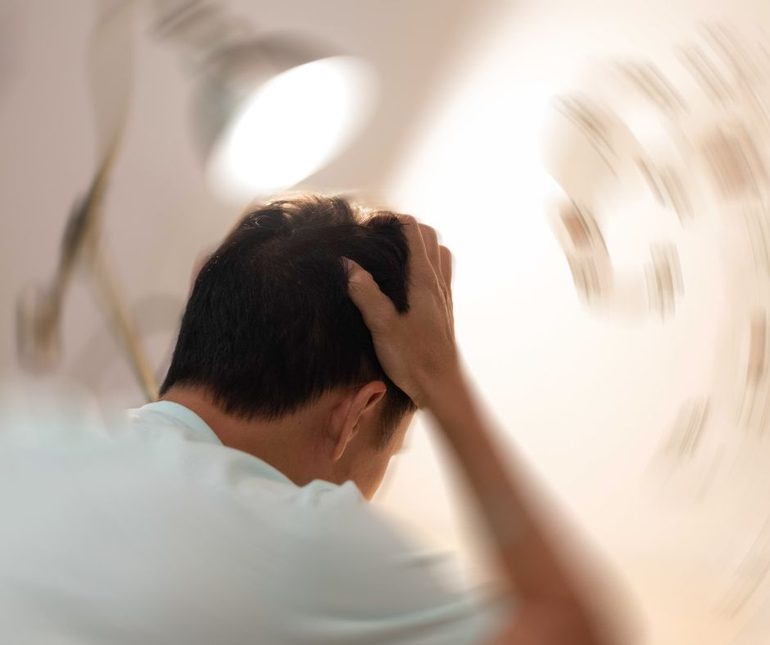Meniere’s Disease is a disease affecting the fluid balance in the inner ear.
This causes altered signalling from the nerves in the inner ear affected resulting in a sense of vertigo or spinning during the acute attack.
These attacks, if left untreated, can become more frequent and can cause hearing loss and poor balance over time if not managed optimally.
Symptoms
|
Dormant and active phases. Typically, episodes of vertigo recur in clusters during active phases. There may be periods of months to years between clusters when the condition becomes dormant. This can vary however and in more severe cases vertigo episodes may be more frequent and persistent. Vertigo ie. feeling as though all the walls are spinning around you or a sense of rotation.This typically lasts at least 30 minutes up to a few hours. Hearing loss, ear fullness and tinnitus on the affected side. These can occur prior to and during the episode. Hearing loss can persist after the episode but typically gets better. Hearing loss can become permanent during later stages of the disease. Drop attacks – sometimes patients feel as though they are ‘pushed back’ and lose their balance in a quick and forceful manner. This occurs more frequently at later stages of the disease. |

Management
The first step is getting a correct diagnosis. This is why it is important to approach the relevant healthcare professionals as early as possible to optimise management and outcomes. Chartered vestibular physiotherapists specialise in the diagnosis and management of Meniere’s disease. A functional vestibular assessment, accompanied by a hearing test, secures a diagnosis.
Vestibular rehabilitation therapy – this will help you to recover your vestibular function and balance between episodes. It also helps to clear up residual symptoms of dizziness.
Dietary management – There are certain foods that trigger meniere’s episodes.
Exercise – research shows that high intensity exercise helps to reduce the frequency of Meniere’s episodes.
Liaising with other medical professionals involved with your care to come up with the best and most holistic approach to address all areas of the disease.
Remember
If you are interested in booking an appointment with one of our Chartered Vestibular Physiotherapists that specialise in Functional Vestibular Assessment or simply need some guidance, then just give us a call on 021 4633455 or book online below.
We hope you enjoyed this blog by Carol O’Brien, Chartered Vestibular Physiotherapist.
This blog is provided for information purposes only. The content is not intended to be a substitute for professional medical advice, diagnosis or treatment. Seek the advice of your doctor with any queries regarding a medical condition.
